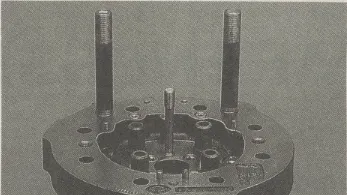
Analysts getting more scared of property price growth outstripping income hike
It's likely to happen now.
According to Moody's, new mortgagors are more prone to delinquencies than more established mortgagors, as their payment burden has increased from the appreciation in property prices.
The growth in household income has not kept pace with the growth in property prices.
Here's more from Moody's:
The income-gearing ratio, a measure of potential new buyers’ ability to make mortgage payments based on prevailing house prices, climbed to 65% in June 2013, compared to the long-term average of 50%.
The current mortgage rate is around 2.5%. According to the HKMA, if interest rates increase by three percentage points, the income-gearing ratio will deteriorate to 84%.
Should property prices depreciate substantially at this acute level of 84% – which should not be a surprise as interest rates and property price always move in opposite directions – we can expect loan performance to deteriorate rapidly.
Some lessons can be learnt from the 1997 Asian financial crisis. Right before the property market crashed, the income-gearing ratio was at around 110%.Based on an RMBS pool that comprised almost entirely of loans originated in 1997 prior to the market crash, the cumulative default rate climbed to around 8% by the time the deal was called in March 2005. At that time, property prices in the mass market experienced substantial depreciation of more than 60% from the peak in 1997 to the trough in 2003, and gradually recovered thereafter.








![Cross Domain [Manu + SBR + ABF + ABR + FMCG + HBR + ]](https://cmg-qa.s3.ap-southeast-1.amazonaws.com/s3fs-public/styles/exclusive_featured_article/public/2025-01/earth-3537401_1920_4.jpg.webp?itok=WaRpTJwE)









 Advertise
Advertise


